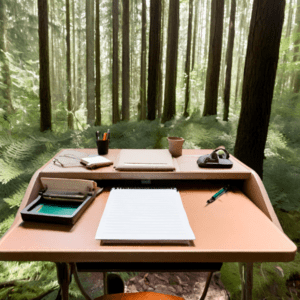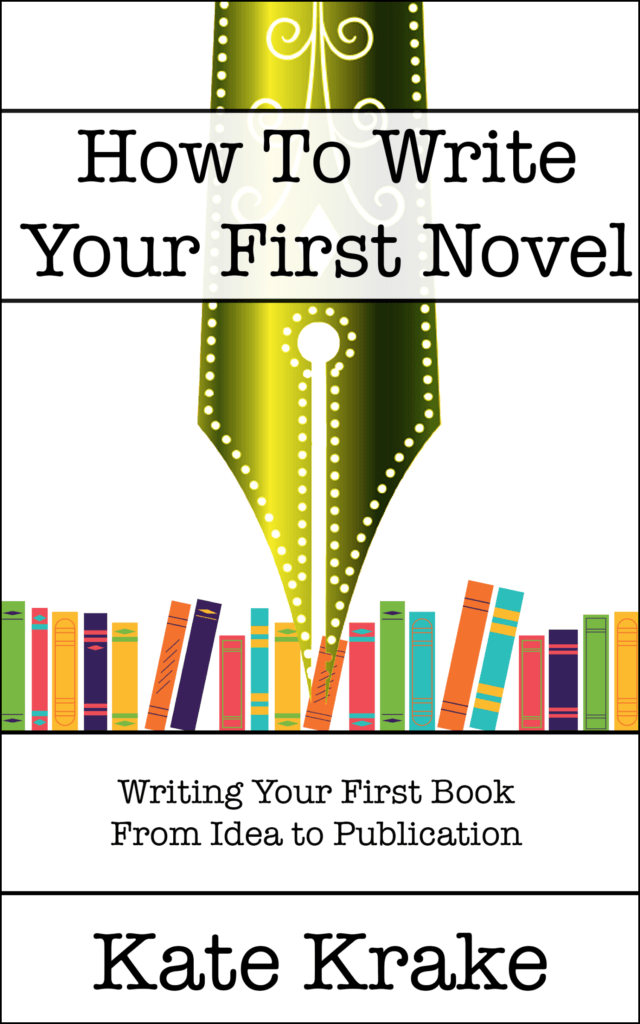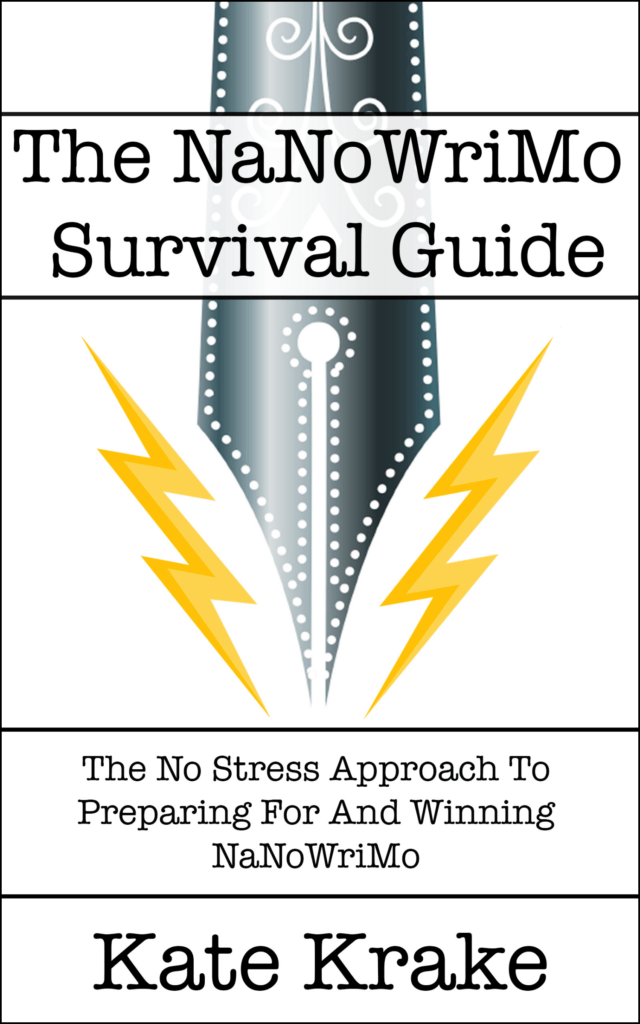Do you have a special writing space?
I have written all over the place–in bed, in the living room, at the dinner table, on the kitchen bench, the public library, trains, planes, cars, and as of last week, a mountain top hiking trail. I used to have a dedicated office, but now have a desk in the corner of my bedroom.
Sure, on the few days when I get to write uninterrupted for the whole day, I could be working on the lounge or in the kitchen or even at the beach. And I did love that writing session atop the mountain, if only for its novelty. Isn’t that the dreamy benefit of the digital age? Being able to work from anywhere? Although I was using a pen and notebook…
But I like my desk. I love having a dedicated writing space.
When I sit down to start writing at my desk, I know it’s business time.
I’m child-free and alone for a limited time. There’s no time to procrastinate and being at my desk helps me to remember that. The space acts as a trigger for my sacred writing time.
Being in my own writing space also has a personal importance. It’s the only space in the house that’s all about me. My husband has his Man Cave, my kids have their bedrooms (and every other room, nook and cranny of the house their stuff manages to spread to).
My space is where I work best and where I create best. It’s full of my things (apart from a few random toys and assorted child paraphernalia that always seeps through)— my books, notebooks, tarot cards, nerdy collectibles, crystals, ornaments, plants. These are things that inspire me and help me work, things from which I craft my writing rituals.
When I emerge from a session in my writing space, I’m fulfilled. I’ve worked and I’ve earned and I’ve created. I haven’t been Mum or Wife or any other of the various labels we all wear daily. And I’m better at all of those roles because I’ve been able to work with such satisfaction in my own space.
I can’t say my actual writing craft is technically better when I’m writing in my sacred space as compared to when I’m writing somewhere else. But, my writing is more driven and I am more prolific. Both of those things will help any writer improve their technical proficiency.
It’s not just me who thinks this. In The Psychology of Writing, cognitive psychologist Ronald T. Kellog wrote:
[There is] evidence that environments, schedules, and rituals restructure the writing process and amplify performance… The room, time of day, or ritual selected for working may enable or even induce intense concentration or a favorable motivational or emotional state. Moreover, in accordance with encoding specificity, each of these aspects of method may trigger retrieval of ideas, facts, plans, and other relevant knowledge associated with the place, time, or frame of mind selected by the writer for work.
Ronald T. Kellog
But, I don’t have any spare room for a writing space!
I used to have a dedicated office to enter to slip into writing space mode. When my family moved and there was no extra room in the new house, I seriously lamented the loss of my office. But now, I actually quite like the desk in the corner of the room, once I figured out how to position it so I wasn’t staring at work stuff while in bed (a critical separation!). I slip out of bed and into the desk (via the kitchen for coffee, of course). The room is still and calm, still washed in sleep. As an early morning writer, this is perfection.
Creating your perfect space doesn’t require an entire room.
Put a little table in your bedroom or anywhere else in the house and call it an office space. If it’s a tiny corner, call it a writing nook (which sounds super cozy!).
Put a seat in the garden and make a writing space outdoors.
Why not make a pop-up writing space? Spread a special blanket or throw on your bed, reserved only for this purpose, and take your laptop to bed. Or do the same on the living room floor.
However you create it, treat that space with respect.
Your writing space is a token, a symbol of the mental space you’re about to enter when you sit down to write. Just as a church or some other sacred space is a place for prayer or peaceful reflection, your writing space is a space for creativity and writing and only that.
Respect your space by respecting your writing – give it everything you’ve got while you’re in there.
Write and write and write. Come up for air, re-enter the rest of the world renewed and invigorated, and when the time comes again to step back into that sacred writing space, do it all again. Your work will thank you. You’ll thank yourself.
(this post contains affiliate links)






